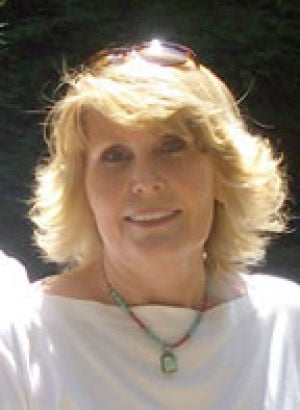What Do You Mean by Economics?
 The current affairs presenter on TV solemnly introduced the next contributor to the programme. “So-and-so is an economist”, he said. All the talk these days is about economists and the economy.
The current affairs presenter on TV solemnly introduced the next contributor to the programme. “So-and-so is an economist”, he said. All the talk these days is about economists and the economy.
In its different forms, economics, economist, economy, etc., the word is being bandied about all the time, it seems. It’s a very clever trick. Keep on using the word without explaining, or even considering, what it means and everybody gets bamboozled into thinking economics must be important.
Not only does everybody think economics must be important, they then get to thinking that economists are important. Worse still, the general population begins to think that economists are the most important people around. What is really bad is that the idea gets promoted that they are the only ones who will get us out of our difficulties.
Economists have become a new priesthood a band of putative miracle workers. Even though we don’t know much about it all, we’ve nowhere else to pin our hopes.
My mother used to speak about ‘economical’ some fifty years ago. She wasn’t afraid of the word. Although she had no paper qualifications in the subject, she knew what the word meant.
She also made sure that we children knew what the word meant.
We didn’t leave the soap in the water after we had finished washing our hands. It wasted the soap. We didn’t help ourselves to more food than we needed. Indeed, if we were in danger of wasting food, she would remind us of some little boy in Africa or India who would be glad of it.
That was a clever way she had of making us use things with imagination. Whatever we had got – money, food, our books and toys – were not just things for us to have, but also to share and use for the benefit for other people.
It was right for us to look after things, keep them safe and not leave them lying around as though nobody owned them. But it was all right also at times to lend stuff or give it away. If we ever borrowed, we had to look after it and be sure to return it at the proper time.
That little African boy was, of course, a myth. My mother had never seen him and didn’t know his name, so he was a myth. But a lot of people think of myth just as something that isn’t true. I now know that boys like this and their families do exist, so the myth is only too true! Somebody once said “Myth is truth seen at high speed”. I see what they mean.
My mother’s mythical African boy has formed such an important part of my education in economics. In the current world economic situation, people are still being told a lot of myths. This is so that we shall all understand things better. But it’s important that we learn to distinguish the ‘truth seen at high speed’ kind of myth from outrageously false stories.
Have you heard the one about the top bankers who need to be paid several millions a year in salary or else they will go and work somewhere else? It gets better – they also need to be paid a huge bonus on top of their salary, even when their company makes a loss. My mother would certainly have seen through that, and so do I.
